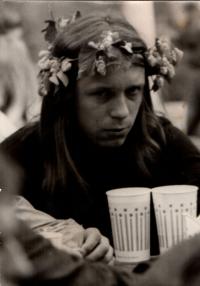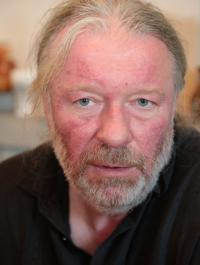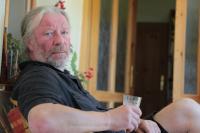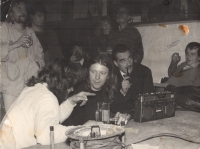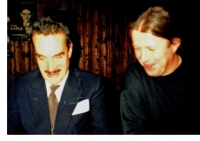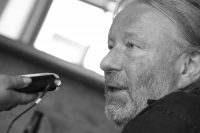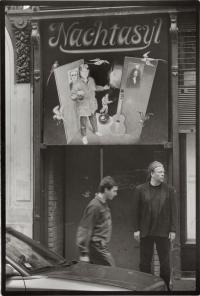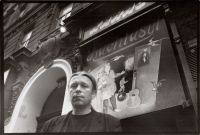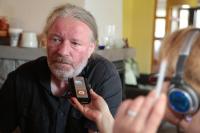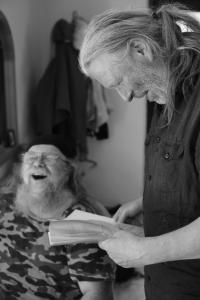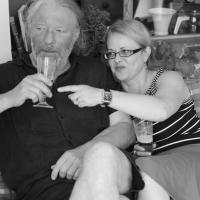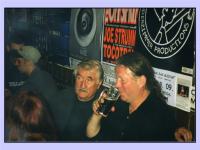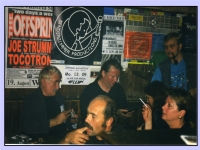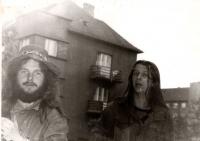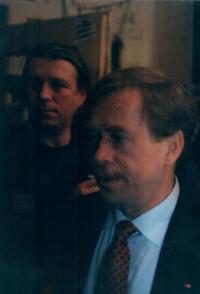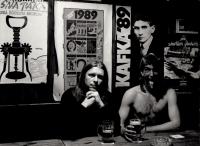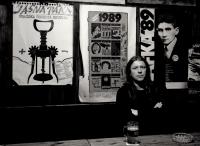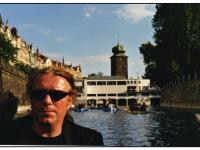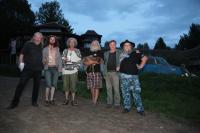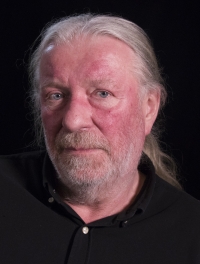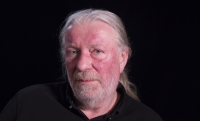I would very much wish for Europe to stay social, and not asocial

Stáhnout obrázek
Jiří Chmel was born on 24 May 1954 in Most. He spent his whole childhood and youth in the nearby village of Korozluky. To avoid military service, he pretended to attempt suicide; he was put in the mental asylum in Bohnice and then worked as a mechanic in the surface mines around Most. In February 1977, he and fifteen of his friends from Korozluky signed Charter 77, for which he was sentenced to eighteen months of prison. He served his sentence in Pilsen-Bory. In April 1982 he and his family emigrated to Vienna during Operation „Asanace“ (Clean-out). He found a job as a tool maker, and four months later he was awarded Austrian citizenship. He also attended cultural events in the Benedictine monastery in Röhr, Bavaria, which were organised by Abbot Anastáz Opasek together with the lay cultural association Opus. On 1 September 1987 he opened the club Nachtasyl, a meeting place for Czech and Austrian culture, where a number of Czech artists living in emigration performed and displayed their work. In November 1989 Radio Free Europe broadcast live from Nachtasyl, and after the Velvet Revolution the establishment was the first place in Vienna to be visited by the newly elected Czechoslovak president Václav Havel. In 2012 Jiří Chmel received the Gratias Agit award from Karel Schwarzenberg for his work in spreading the good name of the Czech Republic abroad.
